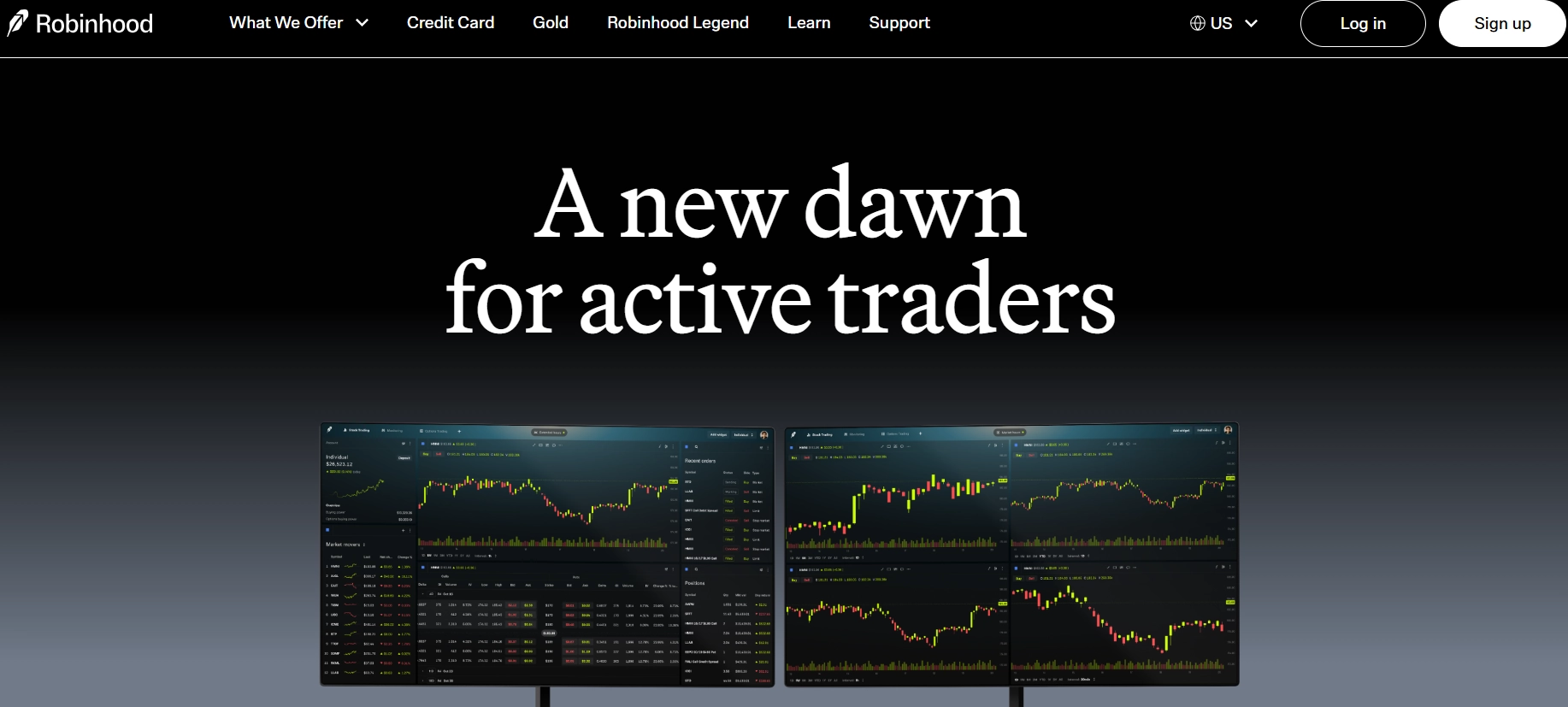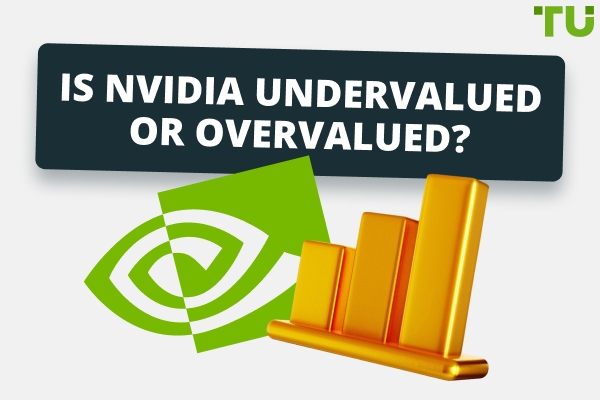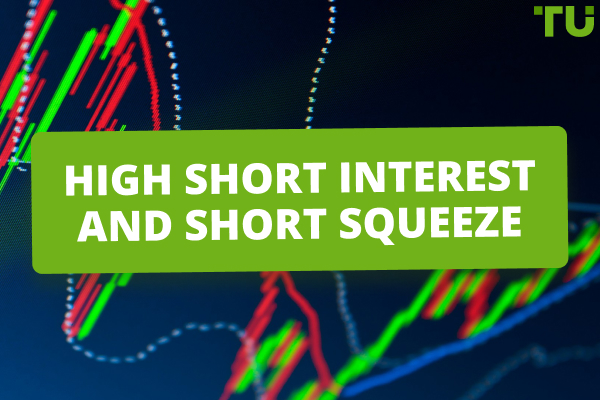
How To Day Trade On Robinhood |Tips, Rules, And Restrictions
To day trade on Robinhood, follow these simple steps:
Day trading on Robinhood involves more than just buying and selling stocks quickly; it demands a keen understanding of the app's rules, restrictions, and unique setup. With new market trends and changes in regulations, traders need to stay sharp and adaptable. This guide isn’t just another set of generic tips — it’s crafted for those who want to sharpen their skills and use Robinhood’s features effectively for successful day trading.
How to use Robinhood for day trading
Robinhood offers an intuitive platform that simplifies the trading process for both beginners and experienced traders. To get started with day trading on Robinhood, follow these steps:
Create and set up your account
Sign up. Download the Robinhood app or visit their website to create an account. Provide your personal details, link a bank account, and complete the verification process.

robinhood.com
Choose your account type. Decide based on your trading needs and experience level.
Familiarize yourself with the platform
Explore the dashboard to understand its layout, including portfolio balance, market movers, and news updates.
Learn how to navigate features like charts, order placement, and account settings.
Research and analyze stocks
Use Robinhood’s news feed and analyst ratings to research stocks.
For Gold users, access Level II market data to evaluate bid-ask spreads and market depth for better decision-making.
Place a day trade
Select a stock or security you want to trade and click “Trade”.
Choose the order type (Market, Limit, or Stop-Loss).
Enter the number of shares or amount to trade and confirm the order.
Monitor and execute trades
Keep an eye on price movements using the real-time price charts.
Use Robinhood’s watchlist feature to track multiple stocks for potential trading opportunities.
Manage risk
Set stop-loss orders to protect against significant losses.
Limit the amount of capital you invest in each trade to manage exposure.
Track your performance
Use the portfolio overview to analyze your trade history and performance.
Keep a trading journal to record your decisions, outcomes, and lessons learned.
Utilize Robinhood’s tools
Enable the Day Trade Counter to track your trades and avoid exceeding the PDT limit.
For premium users, leverage professional research reports to refine your trading strategies.
Should you сhoose Robinhood to day trade?
Retail investors have the choice of many trading platforms. Robinhood is one of the best-known and well-loved options.
👍 Pros
• Ease of use. The intuitive interface allows new users to get started quickly.
• Zero fees. Enjoy commission-free trades on stocks and ETFs.
• Wide range of assets. Trade over 5,000 U.S. equities, ETFs, options, and select cryptocurrencies.
• Free stock incentives. Receive free stocks for signing up and referring friends.
• Regulated platform. Robinhood operates under the SEC, ensuring fair practices.
👎 Cons
• Geographic restrictions. Only available to U.S. citizens with valid social security numbers.
• Transparency concerns. The PFOF (Payment for Order Flow) model may affect trade execution quality.
• No desktop app. Trading is limited to mobile and web platforms.
Is Robinhood good for day trading?
While the Robinhood App wasn't exactly built for day trading, many people use it for this purpose. In practice, day trading on Robinhood works the same way as investing does. You buy a stock on the app and sell it on (hopefully for a profit) on the same day.
Security
For security, Robinhood protects user accounts with an industry-standard BCrypt hashing algorithm and a Transport Layer Security (TLS) protocol for communication between internet devices and servers. It's a good level of protection that is standard across most fintech applications.
Types of orders
For day traders who a trading stocks, Robinhood supports these order types:
Market orders
Stop orders
Limit orders
Stop limit orders
Trailing stop orders
Application support
Finally, the app is supported by Android and Apple devices.
Robinhood fees
A standout feature of Robinhood is its commission-free trading model, which eliminates fees for opening or maintaining accounts and depositing funds. However, certain regulatory fees mandated by self-regulatory organizations (SROs) like the Financial Industry Regulatory Authority (FINRA) are passed on to users. These fees apply universally across brokerage platforms and are not specific to Robinhood.
Here’s a breakdown of the fees you might encounter when trading on Robinhood:
Regulatory transaction fee
Purpose. This fee is collected by FINRA and remitted to the SEC to cover the costs of regulating and overseeing securities markets and professionals.
Fee amount. $5.10 for every $1 million of the principal on sales only.
Applicability. Robinhood does not charge this fee for sales under $500.
Trading activity fee
Purpose. FINRA charges brokerage firms to fund regulatory and supervisory activities. Robinhood passes these fees on to users for larger transactions.
Fee amount:
$0.000119 per share for equity sales.
$0.002 per contract for options sales.
Exemptions. This fee does not apply to sales of 50 shares or fewer.
Which account type to choose?
Robinhood offers three account types, each tailored to different needs:
Robinhood Instant (Default)
Features: Margin account with instant deposits (up to $1,000) and extended-hours trading.
Best For: Users who value quick access to funds and basic trading features.
Robinhood Gold
Cost: $5/month.
Features: Increased buying power, larger deposits, Morningstar research, and Level II market data.
Best For: Traders seeking advanced tools and more market insights.
Robinhood Cash
Features: No instant deposits or settlements but allows commission-free trades during market hours.
Best For: Simplicity without the need for margin or premium features.
You can switch between these account types anytime to suit your trading needs.
Robinhood day trading rules and restrictions
Day trading on Robinhood is subject to strict regulations, particularly the Pattern Day Trading (PDT) rule, enforced by FINRA to protect investors. Here's what you need to know:
Key rules
PDT Rule
You cannot place more than three day trades within a five-day period unless your account balance exceeds $25,000.
Exceeding the limit results in a 90-day restriction on day trades.
This rule applies only to same-day stock or options trades, not overnight trades.
Exceptions:
Downgrading to a Robinhood Cash account avoids the PDT rule since it doesn’t use margin.
Deposits must clear before your balance officially exceeds $25,000, and margin funds in Instant accounts don’t count toward this threshold.
For options trading:
Buying and selling the same options contract (with identical ticker, expiration, strike price, and type) on the same day counts as a day trade under the PDT rule.
For short sales:
PDT rules apply to short sales, though Robinhood doesn’t currently support direct short selling.
By understanding and adhering to these rules, you can navigate Robinhood's day trading restrictions effectively.
Understanding the Pattern Day Trader (PDT) Rule
The Financial Industry Regulatory Authority (FINRA) enforces the PDT rule to mitigate risks associated with excessive day trading. If you execute four or more day trades within five business days, and these trades constitute more than 6% of your total trading activity in that period, you're classified as a pattern day trader. To continue day trading under this classification, you must maintain a minimum portfolio value of $25,000.
Robinhood assists users in managing this by offering tools like the Day Trade Counter, which tracks your day trades, and Pattern Day Trade Protection, which alerts you when you're approaching the PDT threshold. Additionally, Robinhood provides a one-time PDT flag removal for eligible accounts.
Considerations and limitations
While Robinhood's user-friendly interface and commission-free trades are advantageous, it's important to be aware of certain limitations:
Order execution. Robinhood's revenue model involves payment for order flow, which may impact the speed and quality of trade executions.
Limited advanced features. Compared to other platforms, Robinhood may lack some advanced trading tools and order types, which could be a drawback for seasoned traders.
Customer support. Some users have reported challenges with Robinhood's customer service responsiveness, which is a crucial factor when dealing with trading issues.
Risks and warnings
High volatility. Day trading involves rapid price movements, which can lead to significant losses.
Regulatory restrictions. The PDT rule limits frequent trading for accounts with less than $25,000.
Emotional trading. Fear and greed can drive impulsive decisions, increasing risk.
Overtrading. Attempting to recover losses through excessive trading often leads to further losses.
Order flow payment. Robinhood's revenue model could result in suboptimal trade executions.
Take advantage of Robinhood features
If you’re day trading on Robinhood, think beyond just buying and selling stocks — use Robinhood’s instant settlement feature to keep your funds moving without delays. Many beginners miss this trick by sticking to cash accounts, which can limit your ability to reinvest quickly.
Upgrading to a margin account with Robinhood Gold not only prevents those annoying settlement delays but also gives you room to explore hedging strategies with options. For example, if you’re holding a stock that swings wildly, a simple options hedge can save you from taking a big hit while keeping your money ready for the next trade.
The Pattern Day Trader rule might seem restrictive, but it doesn’t have to be. Instead of spreading your trades thin, save those three allowed trades for the ones that really count. Use Robinhood’s alerts to track key price levels, so you’re trading with a plan instead of chasing random moves. And don’t skip the pre-market! Check out Robinhood’s live data to get a feel for which stocks are heating up before the market even opens. These small adjustments can make a big difference in how you manage risk and spot real opportunities.
Conclusion
Day trading on Robinhood is doable and appealing, especially with its easy-to-use platform and no trading fees. But before you jump in, make sure you understand the Pattern Day Trader (PDT) rule, pick the right account, and set some clear limits to manage your risk. Robinhood offers tools that can help, but it’s up to you to stay sharp and make smart moves. Remember, day trading can be unpredictable, so always trade with caution and keep your goals realistic.
FAQs
What is the PDT rule, and how does it affect me?
The PDT rule limits frequent day trades unless you maintain a $25,000 balance. Use Robinhood Cash to avoid this rule.
Can I day trade on Robinhood without upgrading to Gold?
Yes, you can use the Instant or Cash accounts, but Gold offers additional tools like professional research and Level II market data.
What are the risks of day trading on Robinhood?
Risks include significant losses, market volatility, and potential order execution delays due to Robinhood's payment for order flow model.
How do I track my day trades on Robinhood?
Robinhood’s Day Trade Counter tracks your trades and alerts you if you're nearing the PDT threshold.
Team that worked on the article
Oleg Tkachenko is an economic analyst and risk manager having more than 14 years of experience in working with systemically important banks, investment companies, and analytical platforms. He has been a Traders Union analyst since 2018. His primary specialties are analysis and prediction of price tendencies in the Forex, stock, commodity, and cryptocurrency markets, as well as the development of trading strategies and individual risk management systems. He also analyzes nonstandard investing markets and studies trading psychology.
Also, Oleg became a member of the National Union of Journalists of Ukraine (membership card No. 4575, international certificate UKR4494).
Chinmay Soni is a financial analyst with more than 5 years of experience in working with stocks, Forex, derivatives, and other assets. As a founder of a boutique research firm and an active researcher, he covers various industries and fields, providing insights backed by statistical data. He is also an educator in the field of finance and technology.
As an author for Traders Union, he contributes his deep analytical insights on various topics, taking into account various aspects.
Mirjan Hipolito is a journalist and news editor at Traders Union. She is an expert crypto writer with five years of experience in the financial markets. Her specialties are daily market news, price predictions, and Initial Coin Offerings (ICO).














